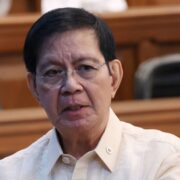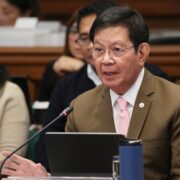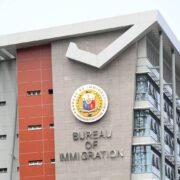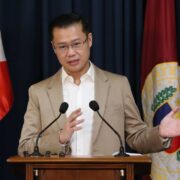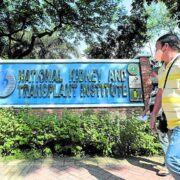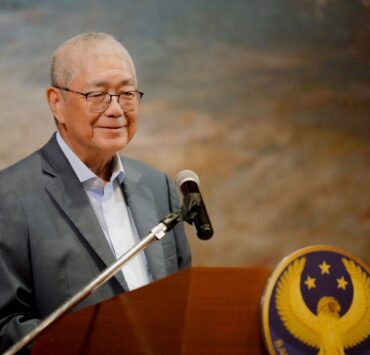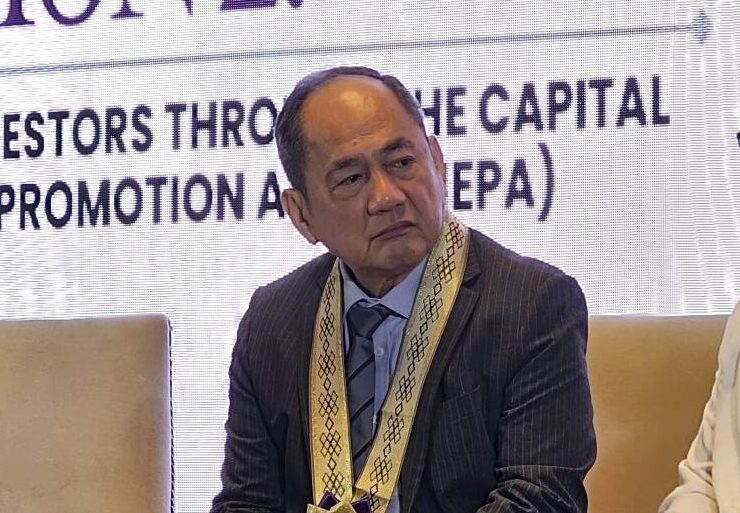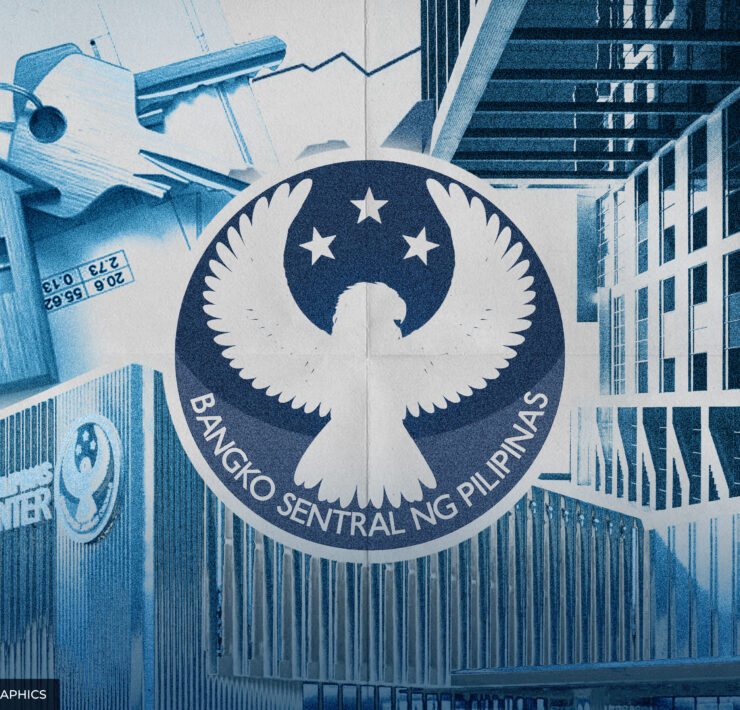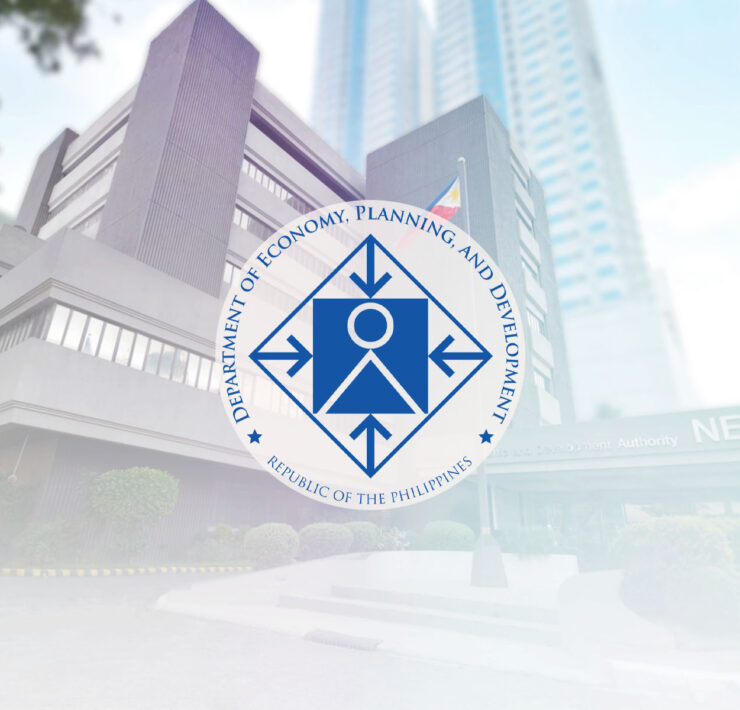Weakening peso won’t derail interest rate cuts–economist
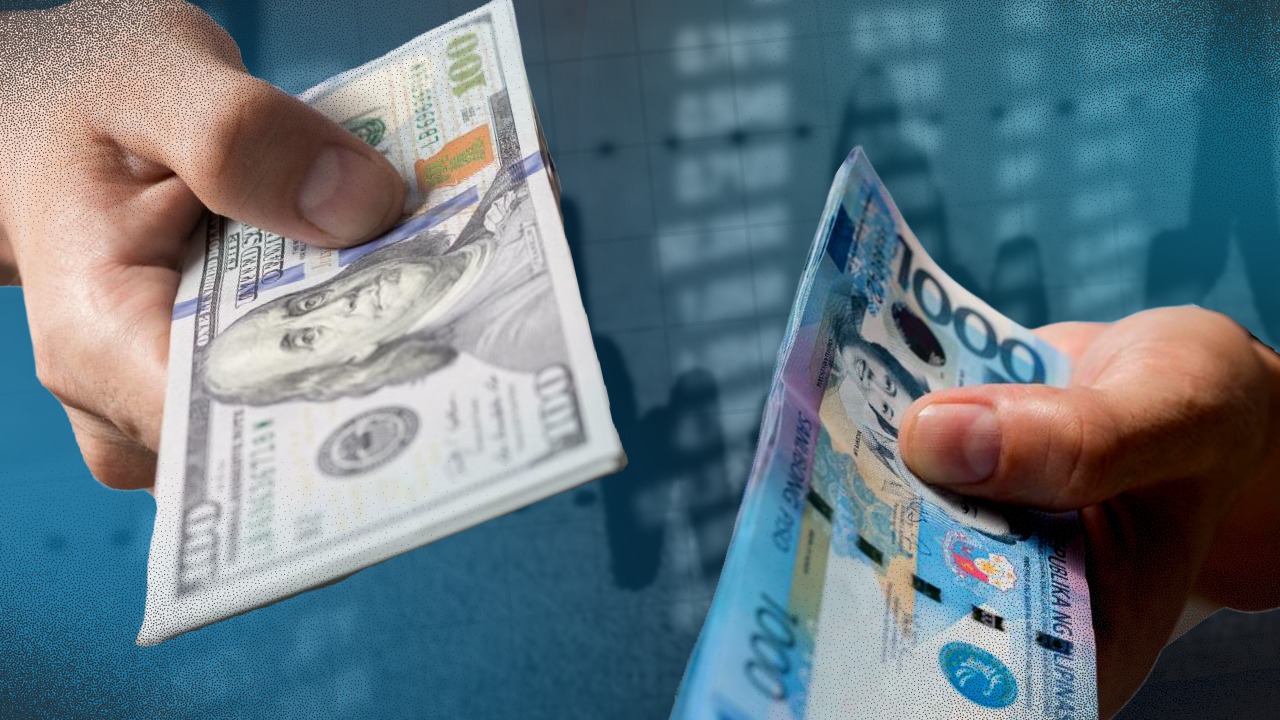
The peso’s slide may not deter the Bangko Sentral ng Pilipinas (BSP) from cutting interest rates, as subdued inflation gives policymakers room to worry less about price pressures and instead focus on shoring up economic growth.
In a note to clients, Jason Tuvey, deputy chief emerging markets economist at Capital Economics in London, said the BSP may have to prioritize growth, as the widening investigation into anomalous public works threatens to further strain the economy amid increasing risks of social unrest.
Tuvey added that, beyond benign inflation that could blunt the impact of the peso’s depreciation on consumer prices, the BSP also has ample foreign reserves—totaling $110.2 billion as of October—to help steady the local currency and temper any surge in imported costs.
“Unrest could further dampen economic activity, which is already suffering after the government halted public infrastructure works on the back of the corruption allegations,” he said.
“With inflation low, we doubt that downward pressure on the currency would prevent the BSP from cutting interest rates further in order to support the economy,” he added.
After data had shown the economy expanding by just 4 percent in the third quarter—its slowest pace in over four years—President Marcos’ economic team acknowledged that reaching even the lower end of the government’s 5.5- to 6.5-percent growth target for the year was increasingly difficult.
The central bank acted swiftly, with the Monetary Board cutting the key interest rate by 25 basis points to 4.75 percent in October. BSP Governor Eli Remolona Jr. said another reduction in December was “possible,” while ruling out aggressive easing that could fuel concerns about the economy heading for a hard landing.
Already, policymakers have suggested that the official targets may need adjustment to reflect the challenging economic realities created by the antigraft crackdown. The scandal has undermined business confidence, stalled public projects and tarnished the government.
The probe has implicated multiple lawmakers and—most recently—two Cabinet officials who resigned, prompting a Cabinet shakeup. The revamped team now faces the dual challenge of reviving growth and steadying jittery investors who have driven the peso to record lows.
In a separate note, S&P Global Ratings warned that the Philippines could face one of the region’s deepest and most prolonged easing cycles in 2026, as the corruption scandal limits the government’s ability to use fiscal policy to support growth.
“The costs of domestic unrest in parts of Asia-Pacific may be borne by governments and their budgets,” the global debt watcher said.


